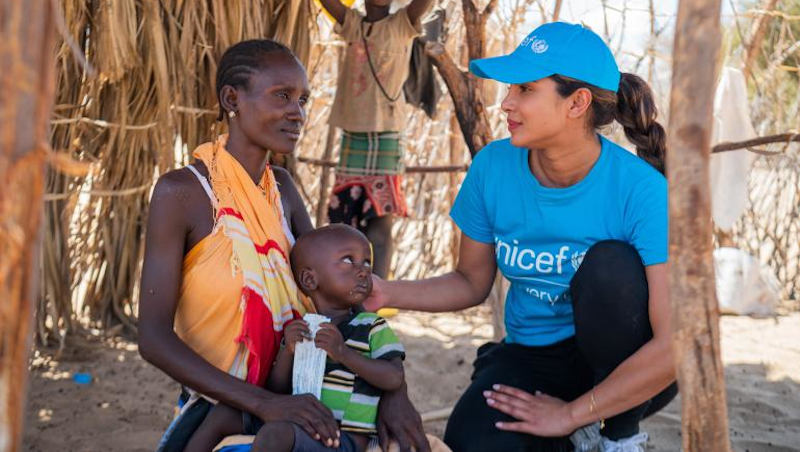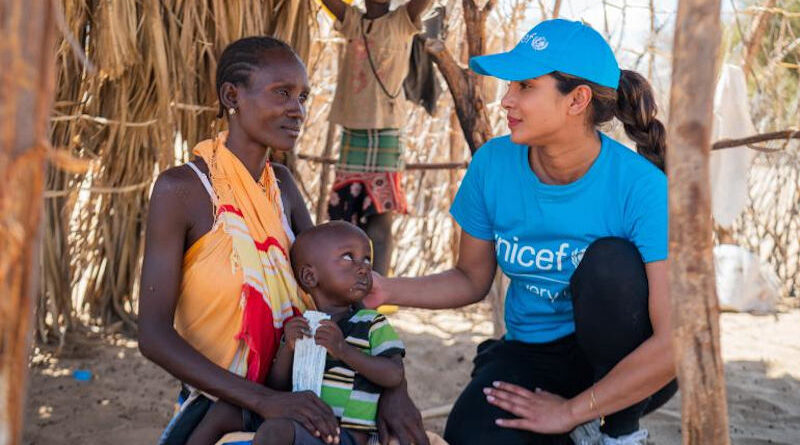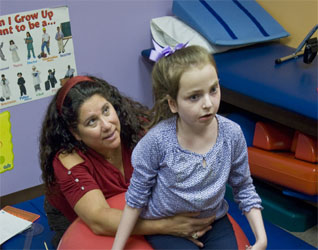Priyanka Chopra Meets Malnutritioned Children of Kenya

Priyanka Chopra Meets Malnutritioned Children of Kenya
UNICEF Goodwill Ambassador Priyanka Chopra Jonas travelled to northern Kenya this week to meet children suffering from severe acute malnutrition as a result of prolonged drought across the Horn of Africa.
During the two-day visit, Chopra Jonas travelled to Turkana County – among 15 drought-affected counties in Kenya due to climate change and the ongoing impacts of Covid-19 – where almost 1 in 3 children are suffering from acute malnutrition.
Nearly 900,000 children under the age of 5 in affected counties are in need of treatment for life-threatening severe acute malnutrition, also known as severe wasting.
“In the Horn of Africa children are starving to death and millions more are on the brink of starvation right now,” said Chopra Jonas. “Most of the families I met are living on less than $1 a day, and some had not eaten for three days. This is what climate change looks like here. UNICEF’s life-saving efforts on the ground are helping to curb this hunger crisis, which includes distribution of nutrient packed therapeutic foods that can save a child’s life.”
In Kenya, the last four failed rainy seasons have left 1.4 million children with reduced access to nutritious food, safe drinking water, health services, education, and protection from violence and neglect. A predicted fifth poor rainy season is expected to worsen the situation, leading to more children and families needing humanitarian assistance.
In response to the crisis in the Horn of Africa, UNICEF is scaling up nutrition services and distributing therapeutic milk and ready-to-use therapeutic food (RUTF) to health centres, as well as supporting governments to identify and treat children with malnutrition in the hardest to reach areas.
UNICEF is calling on governments, private sector, and individuals for urgent financial support for the Horn of Africa drought response. As the situation continues to deteriorate, more needs to be done to expand and ensure continuity of the response while also investing in longer-term resilience to help families facing repeated climate-induced emergencies.





